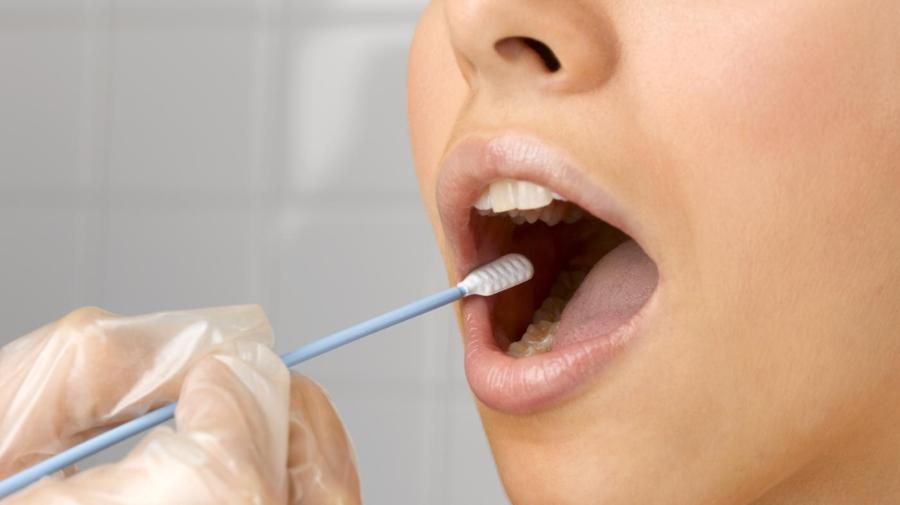How Accurate Are Mouth Swab Drug Tests?

According to Forensic Fluids Laboratories, oral swab drug tests are up to 60 percent more sensitive to cocaine, opiates and methamphetamines than urine-based instant tests. This drastically reduces the number of false negative results. Forensic Fluids Laboratories cites a study from the Journal of Analytical Toxicology, which demonstrates that the urine tests produce false-negative results up to twice as often as mouth swab tests.
One key difference between the two types of tests involves detecting THC, the active chemical in marijuana. Forensic Fluids Laboratories reports that mouth swabs are capable of detecting use up to 72 hours after the drug was used. By contrast, urine tests often detect THC in samples up to 120 hours after the drug was used. MedicalHealthTests.com adds that the efficacy of the tests may vary widely, as no certification or consistent protocols are in place to guide the testing process.
MedicalHealthTests.com explains that brushing, flossing and practicing oral hygiene may cause the mouth swab test to generate a false negative. A 2006 study, published in Clinical Biochemist Reviews, found that ingesting alcohol immediately after ingesting marijuana temporarily rinses the mouth and produces false negatives. The study’s authors suggest water may have a similar effect. The authors indicate that testing 15 to 20 minutes after such rinsing produces more accurate results.





